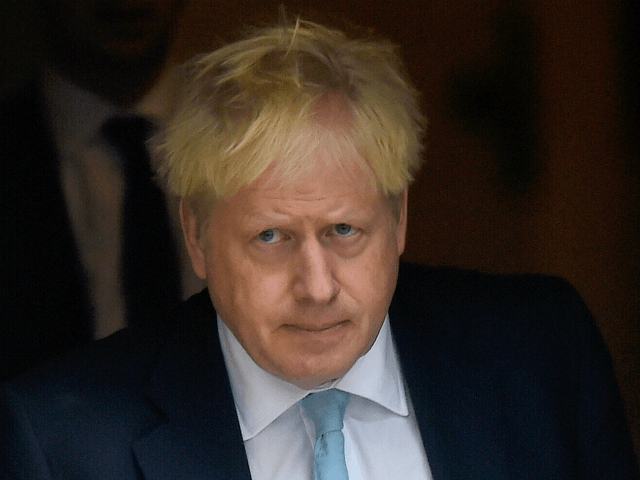Brexit Secretary Stephen Barclay has confirmed that Prime Minister Boris Johnson will abide by the Benn Act and write to the EU requesting a Brexit delay if a deal is not agreed by Saturday.
Mr Barclay told the House of Commons Brexit Select Committee on Wednesday: “I can confirm, as the prime minister has repeatedly set out, that firstly the government will comply with the law, and secondly it will comply with undertakings given to the court in respect of the law.
“I confirm that the government will abide by what it set out in that letter.”
The news came as negotiators continued talks this morning in an attempt to have a deal agreed before the beginning of the two-day European summit on Thursday. Media reports that negotiations will come down to the wire, with the European Council President Donald Tusk, who chairs the council of European leaders, saying on Wednesday afternoon: “Theoretically, in seven to eight hours everything should be clear.”
The EU’s chief Brexit negotiator Michel Barnier has told the European Commission, the bloc’s powerful executive arm, he was confident an agreement could be made as early as today. Irish Taoiseach (prime minister) Leo Varadkar, one of the key players in European negotiations, also said that while he believes there is still work to do, he has faith a deal can be struck by exit day on October 31st.
However, the DUP has said that claims the Northern Irish unionist party had agreed to the latest proposals regarding customs arrangements on the isle of Ireland were “nonsense”. Party leader Arlene Foster said: “Discussions continue. There needs to be a sensible deal which unionists and nationalists can support.”
Mr Johnson’s team had hoped that negotiators would agree on a deal by Wednesday, before being debated and accepted by European leaders during the summit. After which, the deal would be voted on in the House of Commons. On Tuesday, Leader of the House of Commons Jacob Rees-Mogg said that he was “absolutely certain” of Brexit happening on October 31st, adding: “I think the votes [in the Commons] are now there for a deal.”
The prime minister has also been reportedly told that even if a deal is agreed, confirming the specifics would take “two more months”, according to a German government source speaking to The Times, which pushes Brexit back to January 1st, 2020.
Brexit delay until 2020? https://t.co/0qDK2772Iy
— Breitbart London (@BreitbartLondon) October 16, 2019
The Times reports that the EU is requiring that the UK sign up to future environmental, social, and state aid regulations as part of “level playing field” provisions, as the EU is fundamentally opposed to the UK becoming an economic rival post-Brexit. On Sunday, German Chancellor Angela Merkel expressed concern that Brexit Britain could be a “potential competitor” to the EU, along the lines of other international powerhouses China and the United States.
Reflecting on developments, Nigel Farage said this week promises to be “one of the biggest weeks for Brexit since the referendum”.
The Brexit leader does not remain optimistic that, fundamentally, a good exit treaty can be agreed, with Mr Farage saying: “At this stage, I don’t think there is a cat in hell’s chance of the EU agreeing this week that the UK can break completely free of single market rules or the Customs Union.”
He added that the Remain-dominated Commons “will vote on another version of May’s surrender treaty this weekend”.
“Any deal that does not give us full control of our trade, borders, laws, and territorial fishing waters, it is not Brexit. And any second referendum, especially one without a Clean-Break Brexit on the ballot paper, will be a stitch-up.
“Boris says he wants to ‘get Brexit done,’ but committing us to another EU treaty similar to May’s Withdrawal Agreement will cause the UK years of wrangling and tension with Brussels, unable to focus on our bright post-Brexit future.”
Delingpole: Don’t Blame Boris for the Remainer Establishment Coup https://t.co/YminxjyzVD
— Breitbart London (@BreitbartLondon) October 16, 2019

COMMENTS
Please let us know if you're having issues with commenting.